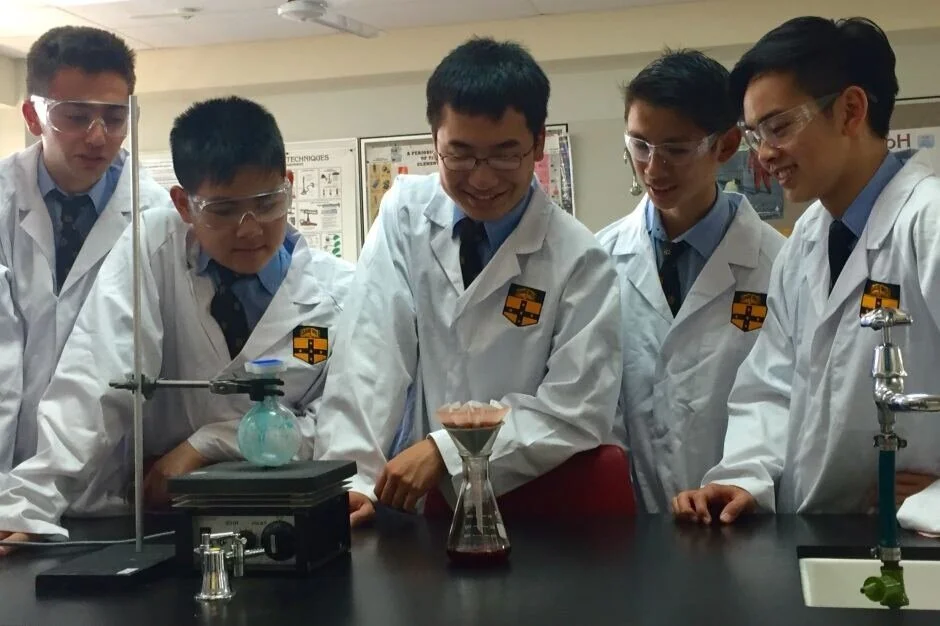Reproducing Medicines
Sydney Grammar School students produce price-hiked drug for a fraction of the US price
One of the major issues limiting wide access to medicines, is the problem of price-hiking. That is when a pharmaceutical company artificially raises the prices of drugs, just because they can.
This problem was tackled by students in Sydney Grammar School who set out to reproduce the active ingredient of the antiparasitic medicine Daraprim. Daraprim is the trade name for a compound called pyrimethamine, which is used for the treatment of the parasite, toxoplasmosis gondii. A parasite that can be extremely dangerous for pregnant women or those who have a suppressed immune system.
Through learning the art of organic synthesis and following chemical procedures that had been previously published in patents, the Sydney grammar school students did it! After nine months of research and lab work, the students had confirmed they produced a substance with all the characteristic signals the Daraprim drug is known for.
The quantities made by the students had a “street value” of US$100,000, all this from starting materials that cost only US$30. This project exemplifies just how much can be done to promote science and health by young and inexperienced scientists, given right facilities and outstanding teachers. The enthusiasm of the students has been translated into a complete route to Daraprim synthesis available in the public domain via the Open Source Malaria platform.
For more reading see:
https://www.sydgram.nsw.edu.au/grammar-news/breaking-good
https://www.abc.net.au/news/2016-11-30/daraprim-nsw-students-create-drug-martin-shkreli-sold/8078892


